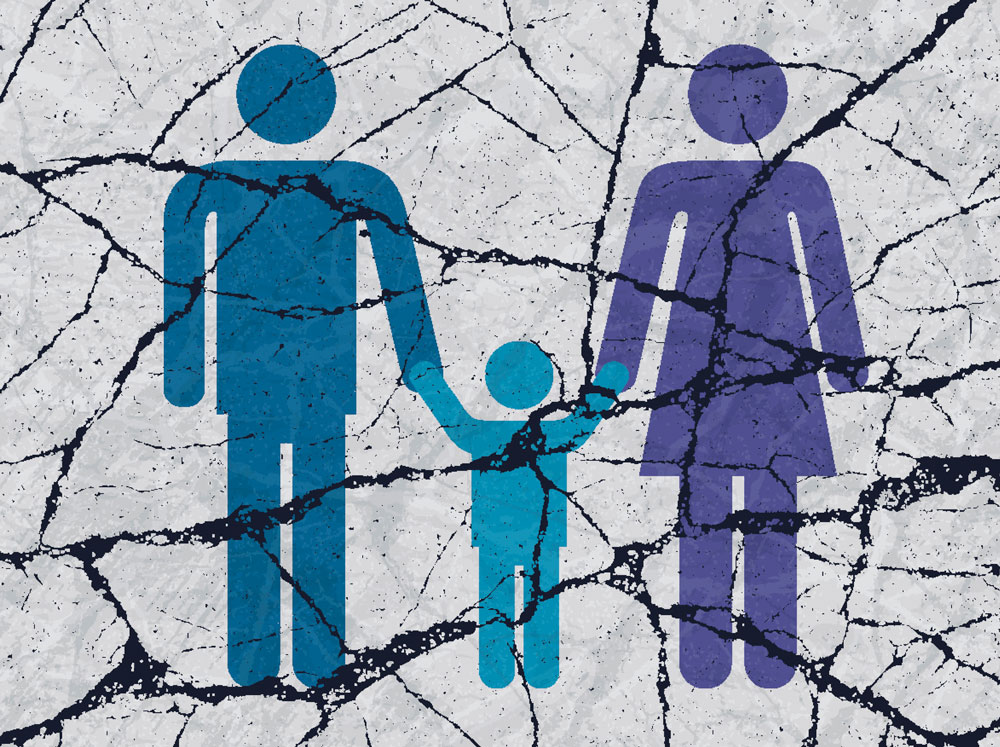By Mandy Parsons
All of us know someone who has navigated the adoption process. In fact, according to a study published by the Children’s Bureau at the US Department of Health and Human Services’ Administration for Children and Families (ACF), nearly 59,000 children were adopted in 2020. Consequently, the number of children waiting to be adopted also fell in 2020 to 117,000. By all accounts, the system appears to be working.
What you don’t hear about, however, is the number of failed adoptions every year. American Adoptions, one of the country’s leading domestic adoption agencies estimates the failed adoption rate to be anywhere from 15-20% for domestic placements. This disruption can be devastating not only for the adoptive family, but for the adoptee, proving traumatic for all involved.
What Is a Failed Adoption, and Why Do They Happen?
A failed adoption occurs when an adoption process is stopped at any point before the placement is legally finalized. It can happen for any number of reasons. Here are a few of the more common:
- Expectant Parents Change Their Minds
With infant adoption, expectant parents may change their minds as a result of newly acquired resources, disapproving family members, a family member who comes forward to adopt the child, and even unexpected feelings of attachment or regret after the child’s birth.
- Insufficient Vetting of Prospective Parents
USA TODAY conducted more than 100 interviews with adoptees, birth and adoptive parents, researchers, and advocates. The results found that “in some cases, state and local government officials or private agencies approved parents for adoption despite warning signs.” These signs might include untreated trauma, criminal record, or history of mental health diagnoses.
- Incomplete Disclosure of Child’s Health History
The same USA TODAY investigative report also uncovered instances where adoption officials “downplayed children’s medical, mental health, and abuse histories or pushed hesitant parents to move forward with an adoption.” Many adoptive parents find themselves unable to care for the child’s needs and either abandon them or relinquish them for treatment.
- Lack of Post-Adoption Support or Services
Even in those cases where the adoptive parents are fully aware of a child’s physical, mental, and emotional needs, there is still a lack of post-adoption support. Ongoing education and training in trauma, grief, loss, and attachment is necessary yet rarely offered or available.
- Failed Adoption Trauma
It would stand to reason that there can be long-term ramifications for all parties involved in a failed adoption.
Children at the center of a failed adoption may experience intense feelings of rejection, especially if the disruption involves their own health or behavior. This only intensifies with the increased number of unsuccessful placements. The Columbus Dispatch reported that “children of failed adoptions are 3 ½ times more likely to require group-home or residential treatment.” Additionally, if a child suffers mental, physical, emotional, or sexual abuse at the hands of an adoptive or foster parent, that trauma can be detrimental to healthy development.

Adoption trauma in adults is equally prevalent, where parents on both sides of the adoption process are subject to mental and emotional stress including disillusionment, loss, grief caused by unmet expectations, or financial burdens. Failed adoptions can also prove frustrating for social workers or other adoption advocates who invest their time and resources as well.
Combatting Failed Adoptions and Adoption Trauma
With the recent overturning of Roe v. Wade, more births, foster placements, and adoptions are to be expected. With children already in the system not being properly supported and cared for, how can we make efforts to stop the cycle of failed adoptions and improve the process overall?
- Address Your Own History and Trauma Before You Adopt
Adoption trauma in adults and children could be avoided by recognizing and receiving help for your own personal struggles or traumas before you choose to adopt. Experts shared with USA TODAY that “adoptions may fail if parents haven’t dealt with their own histories and traumas, or if they are too rigid, unable to adapt.”
- Establish Realistic Expectations Ahead of Time
Many potential parents approach adoption with a fairy-tale mentality. It is important to recognize that attachment takes time, as should the adoption process. Neither should be rushed. Also, as one former adoptee aptly stated: Adoption shouldn’t be seen as a means to heal a child’s trauma.
- Explore Alternate Adoption Platforms
Some prospective parents are circumventing the traditional system by using social media to publicize their desire to adopt. Adoption and social media is becoming an increasingly popular trend, offering families more control over the process and a wider reach.
- Seek Out Adoption Preparation, Training, and Support
A determining factor in the success of any adoption is giving adoptive parents access to necessary tools. The Child Welfare Information Gateway provides a list of adoption and guardianship assistance programs by state to help parents prepare for and navigate any challenges that may arise. You can also use the list of state-by-state support groups provided by the American Adoption Congress (ACC).
If you have suffered a failed adoption or are wondering how to heal from adoption trauma, we at The Meadows want to help. We not only offer treatment for drug or alcohol addiction, but we also address mental health issues and other trauma and provide family counseling and resources as part of the treatment process. Please reach out today to begin your journey toward healing.

